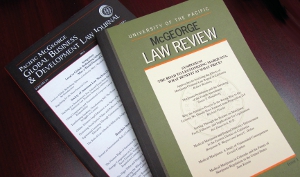Document Type
Article
Publication Date
2018
Abstract
Indigenous law provides accessible and expeditious dispute resolution in certain regions of Central and South America. Its focus is achieving solutions to a wide variety of problems through consultation and consensus in a manner that restores the harmony of the community. Sanctions, where applicable, seek to reintegrate and reorient the recipient to living a life that is consistent with the community’s values. The formal justice systems of the Northern Triangle countries—Guatemala, El Salvador, and Honduras—face major challenges in providing their people with access to justice. However, unlike countries with significant indigenous populations in South America, they have not recognized that indigenous law and its accompanying social structure has the potential to address serious problems that the formal justice system cannot or does not reach. Indigenous law is a type of restorative justice and research indicates that where it is robust there is markedly less crime. Though its philosophy and approach differ from formal justice systems, participants find it fair and often prefer it even if they have access to the formal system. Recognition and support of indigenous justice would be a positive and humane response to some of the problems that prompt large numbers of Central Americans to live in despair or seek to leave their countries of origin.
Publication Title
Mich. St. L. Rev.
Volume
2018
First Page
673
Recommended Citation
Julie A. Davies, Indigenous Law in Central America: A Key to Improving Life and Justice, 2018 Mich. St. L. Rev. 673 (2018).



